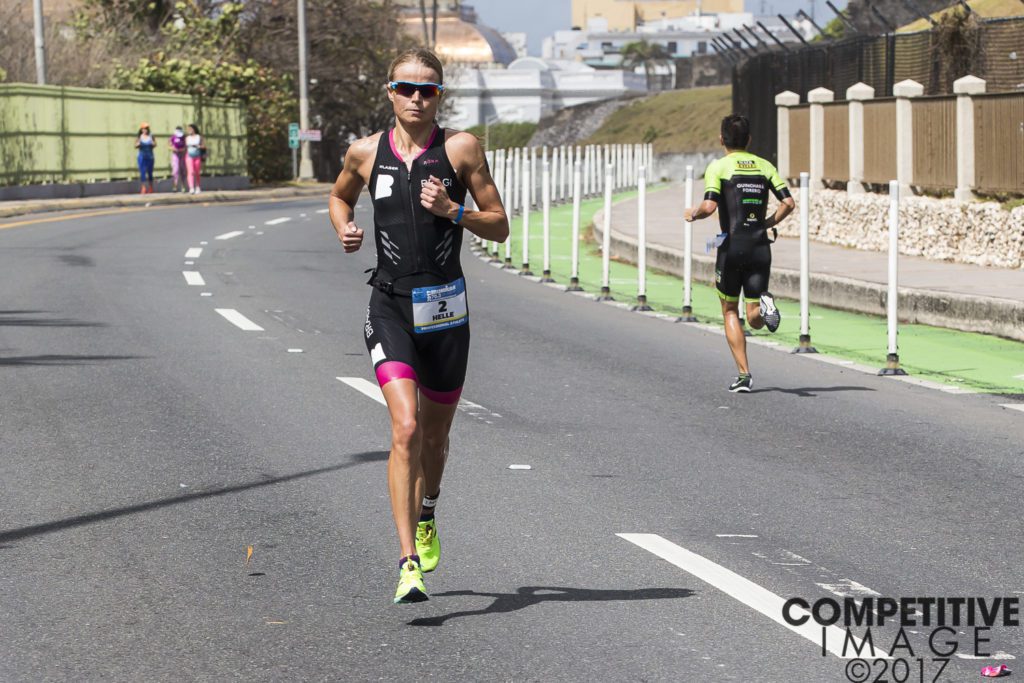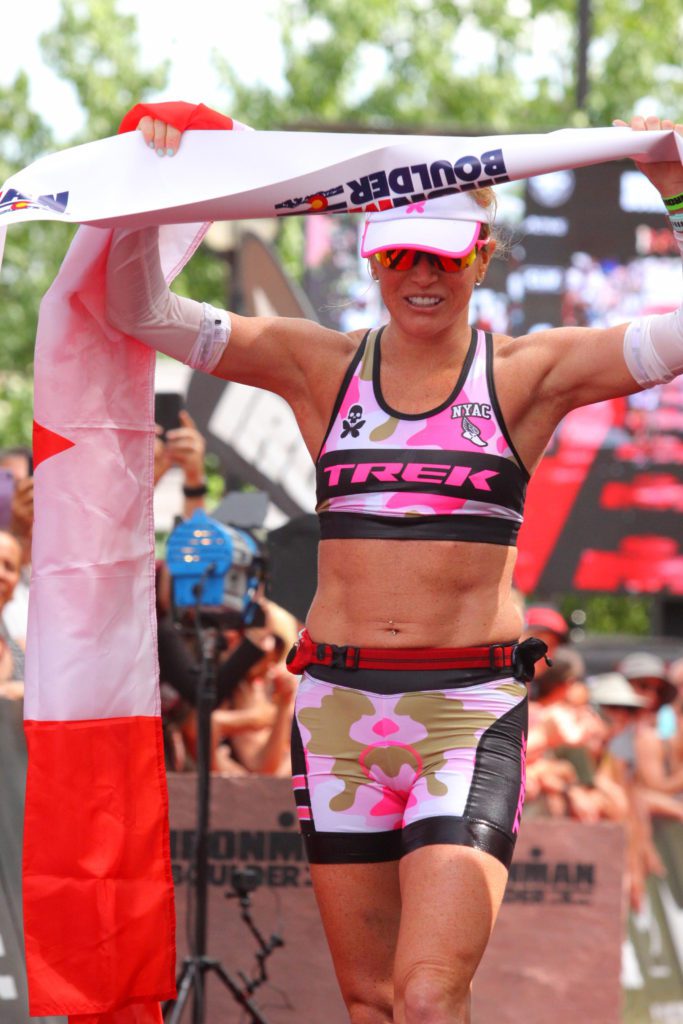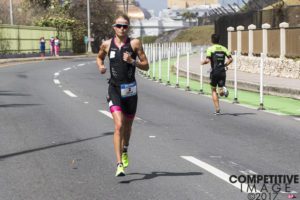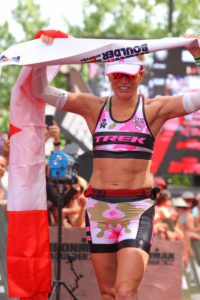The 2018 Kona Rookies
So why is it so hard to do well at the Ironman World Championship as a rookie?
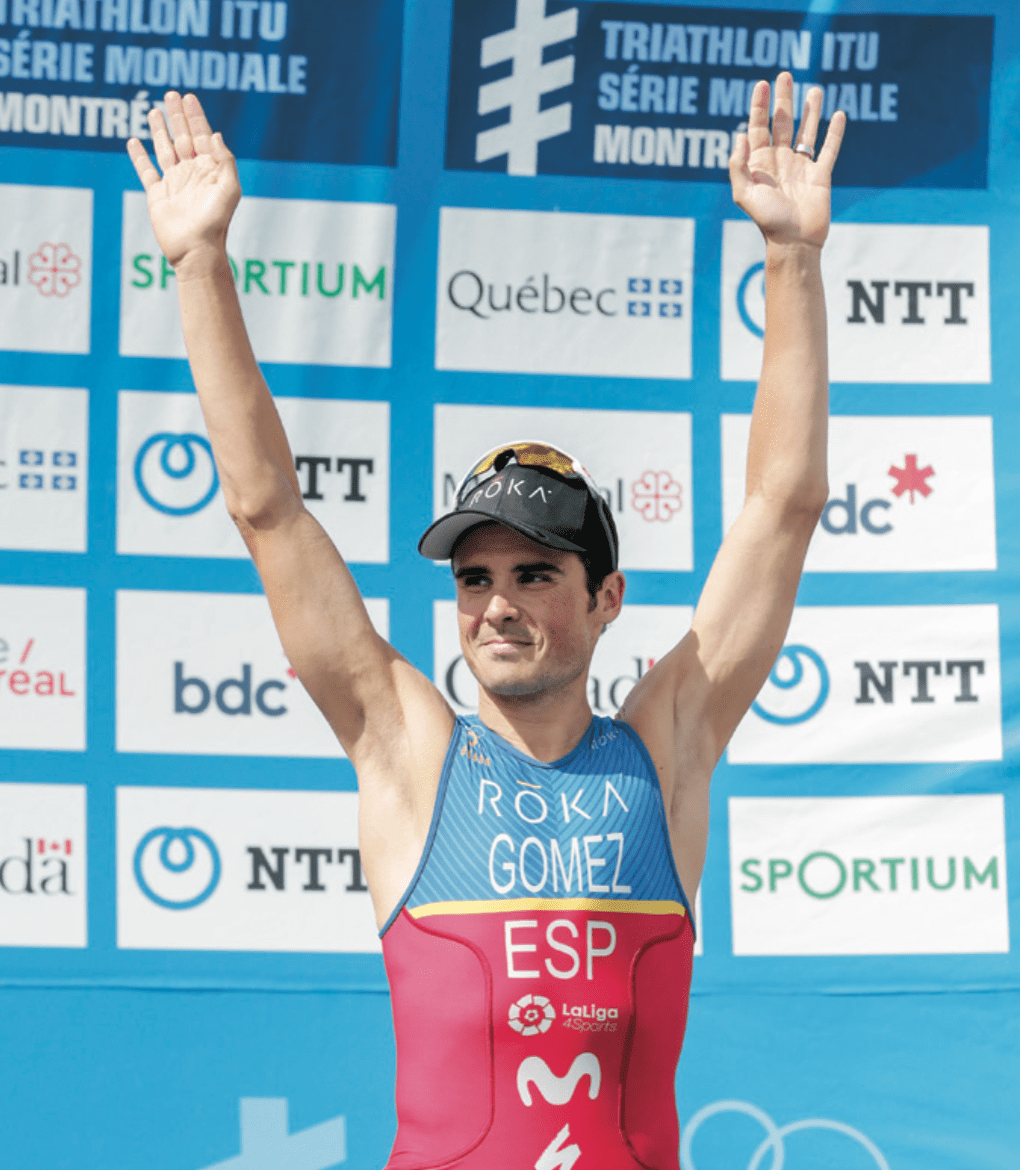
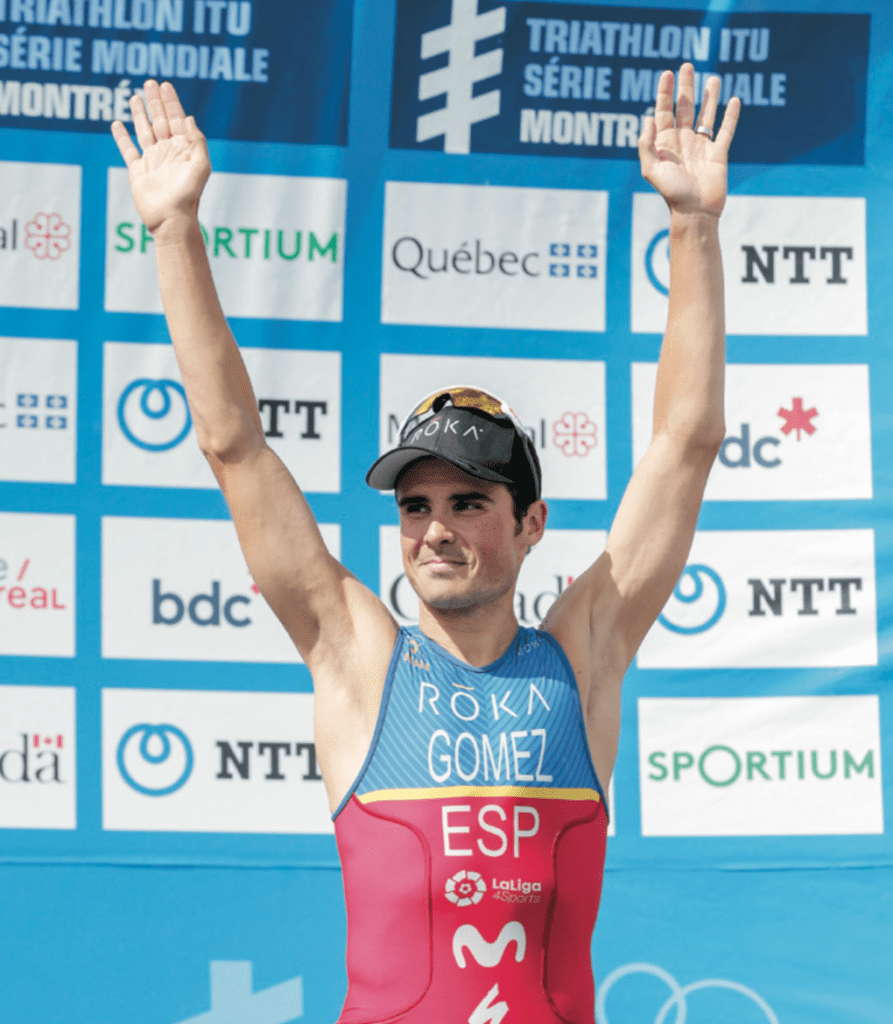
As the event celebrates 40 years of racing this October, the talk will no doubt revolve around all the veterans when it comes to talking favourites. And rightly so. A rookie hasn’t won the men’s race in Kona since Luc Van Lierde’s record-setting day in 1996 – a record that stood until Craig Alexander’s last Kona win in 2011. In fact, since Van Lierde’s win, Kona winners have almost always fin- ished in the top three the year before, with the only exceptions being previous champions.
Related: Kona 2018 Men’s Preview
It’s not that different when you talk about the women’s races, either. Chrissie Wellington stunned the world with her Kona rookie win in 2007. In fact, that race was just her second full-distance race – she’d competed in her first Ironman race that August to get her qualifying spot. The last rookie to win in Kona before Wellington? Erin Baker in 1987.
Related: Kona 2018 Women’s Preview
Winning in Kona is so tough because the race is crazy hard, but it’s also a pressure-packed event. Peter Reid always used to say that defending a Kona title is the hardest thing to do in our sport. After a year of sponsorship and media responsibilities to make your training a challenge, you arrive on the Big Island with the weight of the world on your shoulders. Winning in Kona as a rookie is such a challenge because you really have to experience that whole pressure-packed pre-race week – followed by a race day that can throw some horrendous conditions at you – to truly understand what it’s all about.
Does that mean it can’t be done? Does anyone want to bet against Javier Gomez in his Ironman World Championship debut in October? Yeah, I didn’t think so. Considered by many to be one of the greatest triathletes the sport has ever seen, Gomez has lots of experience, insane talent and the desire to take one of the only triathlon titles that doesn’t appear on his résumé.
Or how about Helle Frederiksen, who took the ITU Long Distance Championship in her home country this year? Or Sarah True, who finished an impressive second in her full- distance debut at the Ironman European Championship in Frankfurt, thanks to a 2:54 marathon? Or even Canadian Kirsty Jahn.
As good as those athletes are, though, they’ll likely be happy with a podium finish in their debuts. Even as great an athlete as Jan Frodeno seemed to be pleased with his third-place finish at his debut in 2014, learn- ing from that experience to take the wins the next two years.
As the Ironman World Championship gets older, it seems like it gets harder and harder to win without experience. We actually have numeric evidence in this issue, courtesy of Raymond Britt (p.50), of exactly how important pacing is if you want to become a Kona champ. Numbers can’t help you when you’re dealing with 100 km/h winds along the Queen K and just trying to figure out how you’ll get to the finish line, let alone win the race. And they certainly don’t help as you head down into the Energy Lab at the hottest part of the day, trying to figure out how it ever made sense to compete in an event this hot that includes so much running through lava.
But that’s the Ironman World Championship. If it was meant to be easy, Commander John Collins and his wife, Judy, would never have thought of doing it in the first place.
